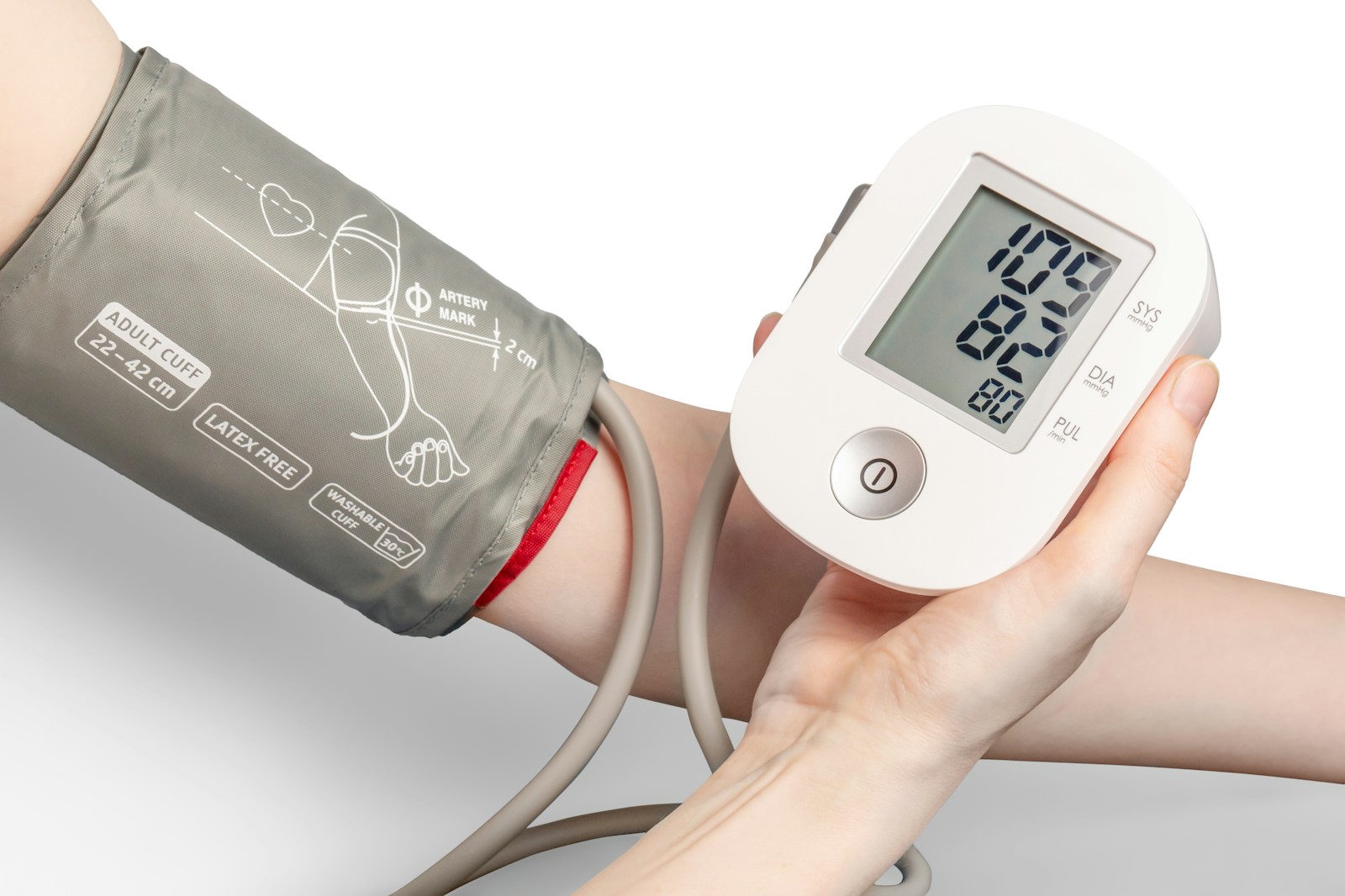Maintaining a healthy heart is essential for overall well-being. Here are some best practices to support heart health:
1. **Balanced Diet:**
- Fruits and Vegetables: Aim for a variety of colors to ensure a wide range of nutrients.
- Whole Grains: Choose whole grains over refined grains (e.g., oats, brown rice, whole wheat bread).
- Lean Proteins: Incorporate sources like fish, poultry, beans, and legumes.
- Healthy Fats: Opt for unsaturated fats found in olive oil, avocados, nuts, and fatty fish (like salmon).
- Limit Salt and Sugar: Reduce sodium intake and be mindful of added sugars in processed foods.
2. **Regular Physical Activity:**

- Aim for at least 150 minutes of moderate aerobic activity or 75 minutes of vigorous activity each week.
- Include strength training exercises at least two days a week.
3. **Maintain a Healthy Weight:**
- Strive for a healthy body weight through a balanced diet and regular exercise.
- Monitor your Body Mass Index (BMI) and waist circumference as part of your weight management strategy.
4. **Don’t Smoke:**
- If you smoke, seek help to quit. Avoid exposure to secondhand smoke as well, as it can also harm heart health.
5. **Limit Alcohol Consumption:**
- If you drink alcohol, do so in moderation. This typically means up to one drink per day for women and up to two drinks per day for men.
6. **Manage Stress:**

- Practice stress-reduction techniques such as mindfulness, meditation, yoga, or deep-breathing exercises.
- Regular physical activity can also help alleviate stress.
7. **Sleep Well:**
- Aim for 7-9 hours of quality sleep each night to support overall health, including heart health.
8. **Monitor Health Metrics:**
- Regularly check your blood pressure, cholesterol levels, and blood glucose levels.
- Discuss results with your healthcare provider and follow recommended practices based on your individual health needs.
9. **Stay Hydrated:**
- Drink adequate water throughout the day to support overall body functions.
10. **Stay Connected:**
- Foster social connections and maintain relationships, as social support contributes positively to mental and emotional health.
11. **Regular Check-ups:**
- Visit your healthcare provider for routine check-ups and screenings to detect any potential heart issues early.
By incorporating these practices into your daily routine, you can take proactive steps toward maintaining a healthy heart and reducing the risk of cardiovascular diseases. Always consult a healthcare provider for personalized advice.





















